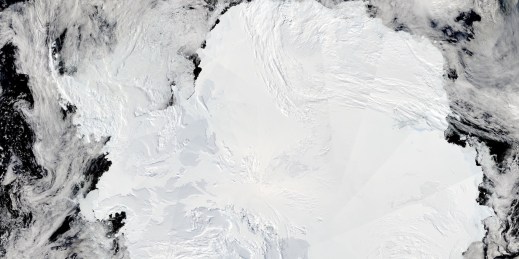
On March 11, the International Criminal Court (ICC) dropped charges against Kenya’s Francis Muthaura who, along with Kenyan President-elect Uhuru Kenyatta, was accused of crimes against humanity for his alleged role in the violence following Kenya’s 2007 presidential elections. In an email interview, William Schabas, a professor of international law at Middlesex University, explained the problems the ICC has faced in prosecuting cases. WPR: What has been the conviction record at the ICC to date? William Schabas: The ICC has registered precisely one conviction to date; the case is still on appeal, although the conviction is unlikely to be reversed. […]






